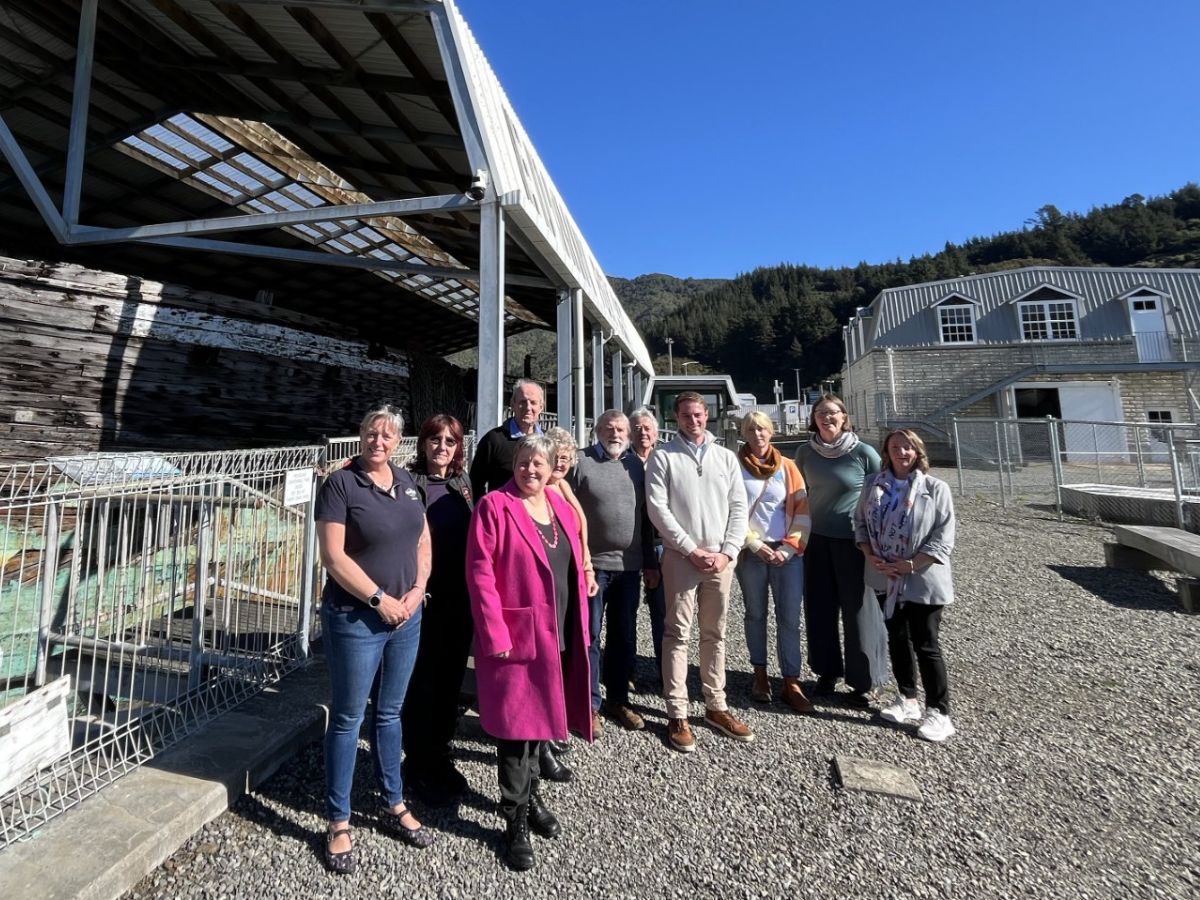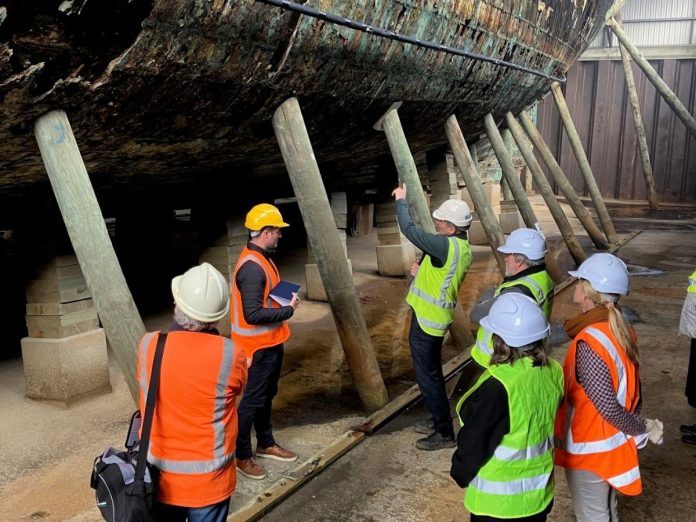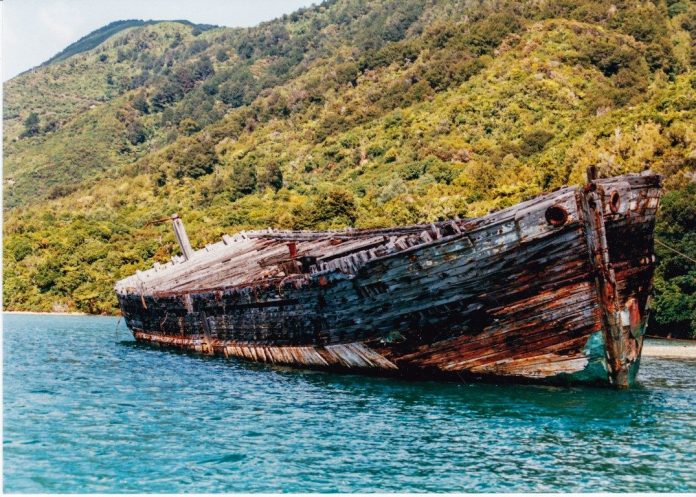“The Fox”, you say?
Picton’s Edwin Fox has always been more than just an old hull in dry dock. At 168 years old she carries the weight of a story that few ships can match. In 2021, Lawrence Schäffler traced her astonishing career for Boating New Zealand—from the Crimean War to convict transport, from immigrant voyages to a coal hulk, and finally to the graving dock in Picton where she rests today.
What makes the Edwin Fox unique is not only her age—she is the world’s oldest surviving merchant ship, predating even the Cutty Sark—but also her extraordinary ability to mirror the wider sweep of New Zealand’s history. She ferried early settlers under Julius Vogel’s assisted migration scheme, carried convicts to Australia, and later served in the frozen meat trade that helped shape New Zealand’s economy.
Her survival was never guaranteed. By the 1960s she lay derelict in Shakespeare Bay, vandalised for her teak and nearly scuttled as a navy target. Only the persistence of locals like Chris Brown and the efforts of the Edwin Fox Restoration Society saved her from destruction. Refloated against the odds and finally secured in her present dock in 1999, the ship became a living museum.
Schäffler urged readers to “catch the Fox” whenever they passed through Picton, calling her a treasure trove of maritime history hidden in plain sight.
Today, we revisit the ship’s story and ask what her future may hold in a changing cultural landscape.
The ship in print
Over the years, the Edwin Fox has inspired several attempts to capture her story in writing. In December 2014, Nelson author Nigel Costley published a book through Nikau Press, based on a concept developed by Marlborough historian Don Grady. Costley worked from earlier manuscripts and extensive research gathered since 2010. The result was a vivid retelling of the ship’s colourful and dramatic career, launched at Picton Library by then-mayor Alistair Sowman.
A decade later, interest in the vessel only grew. Canadian historians Dr Boyd Cothran and Dr Adrian Shubert of York University published The Edwin Fox: How an Ordinary Sailing Ship Connected the World in the Age of Globalization, 1850–1914 through the University of North Carolina Press in October 2023. Their research placed the ship in a global context, showing how a “remarkably ordinary” merchant vessel became a microcosm of nineteenth-century empire, migration, and commerce.


Picton again marked the occasion. In April 2024, the town hosted the New Zealand launch of Cothran and Shubert’s book, giving locals and visitors a chance to see the Edwin Fox’s global story celebrated just a short walk from where the ship herself still rests in her graving dock.
Preservation for the next 50 years
While her history is now firmly enshrined in print, attention has turned to ensuring the Edwin Fox’s survival well into the future. Mid-2023, responsibility for the vessel passed from the Edwin Fox Society to Marlborough District Council, signalling the start of a new preservation phase.
This month, a panel of experts in naval architecture, coastal engineering, ship conservation, and maritime heritage gathered in Picton to assess her long-term care. Their goal: to ensure the Fox remains intact and accessible for at least another half-century.

Heritage Marlborough’s Liz Ward described the workshop as a turning point, laying out a framework for the Council’s redevelopment plans and bringing the Edwin Fox Preservation Trust into the fold. The trust, established through a bequest by Dr John Hunt—a descendant of a doctor who once sailed aboard the ship—will help fund ongoing work.
For archaeologist Dr Kurt Bennett, the task ahead is clear: “The primary goal of this preservation project is to house and support the vessel in line with global best practice, ensuring its preservation for at least 50 years while maintaining a unique and interactive visitor experience.”
The living story
From her launch in Calcutta in 1853 to her latest preservation plans in 2025, the Edwin Fox continues to connect past and present. She is at once a relic of empire and migration, a case study in globalisation, a community project, and a museum piece. Above all, she is a survivor.
As the Fox approaches her 175th birthday, her story is still being written—this time not only in books and archives but in the very timbers that remain, cared for by those determined to keep her legacy alive.



















